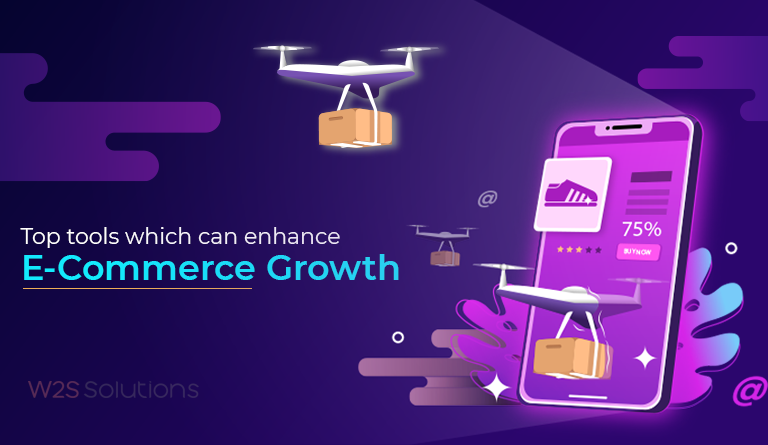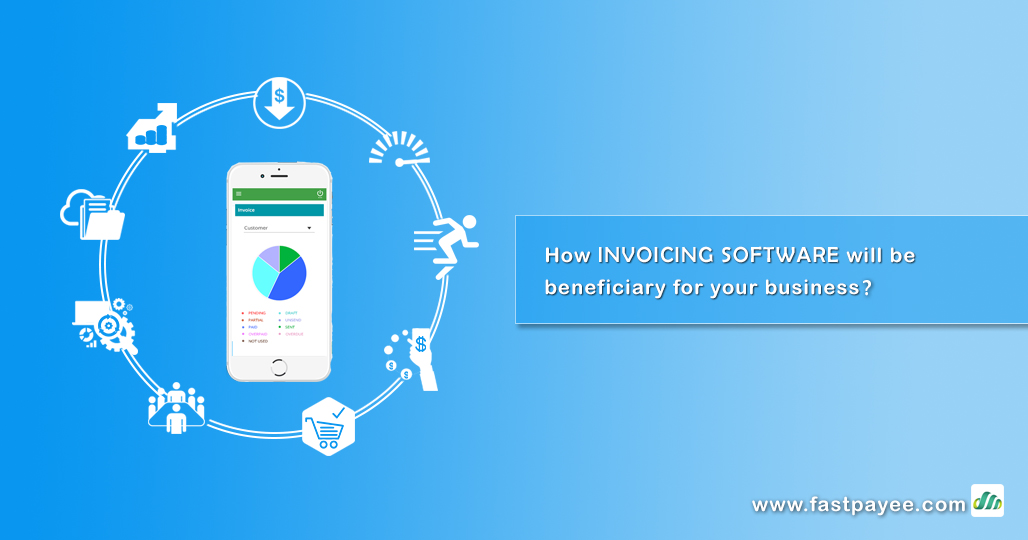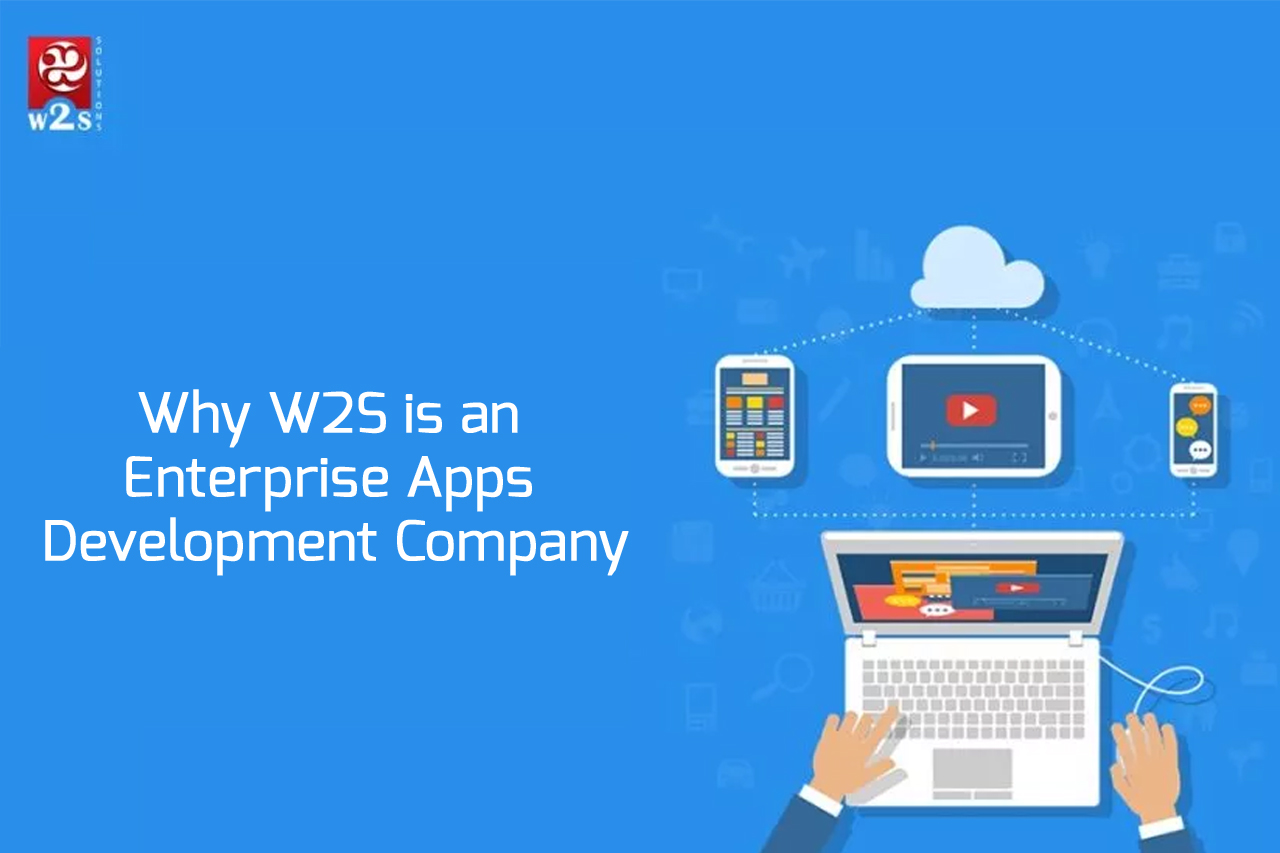TABLE OF CONTENT
Key Takeaways
-
Outsourcing IT support can lead to significant cost savings by converting fixed in-house expenses into variable costs, allowing organizations to pay for services as needed.
-
Outsourcing IT tasks frees up resources, enabling organizations to concentrate on core business activities, fostering growth, and maintaining a competitive edge.
-
Outsourced IT support offers flexibility, allowing businesses to easily scale up or down in response to changing requirements during periods of expansion or contraction.
-
Many outsourced IT support providers offer around-the-clock service, ensuring prompt resolution of technical issues and minimizing downtime, particularly valuable in a globalized business environment.
Many companies now see outsourcing IT support as a strategic step to improve efficiency, reduce expenses, and boost productivity. In this blog, we will explore the amazing benefits and potential costs associated with outsourcing IT support, providing insights to help businesses make informed decisions.
What is Outsourced IT Support?
Outsourced IT support refers to the practice of delegating an organization’s information technology functions to external service providers. These third-party vendors are tasked with managing and maintaining various aspects of the company’s IT infrastructure, including software, hardware, network security, and technical support. Outsourcing IT support allows businesses to use external expertise, reduce operational costs, and focus on core activities. It provides access to a skilled workforce, scalability, and 24/7 support, enabling organizations to stay technologically competitive while optimizing resource allocation.
What types of IT services can be outsourced?
1. Help Desk Services
Efficiently resolve IT issues through outsourced help desk support, allowing internal teams to prioritize core tasks while benefiting from external expertise and scalability.
2. IT Strategy Planning
Entrust the development and implementation of IT strategies to third-party professionals, leveraging specialized knowledge and experience for effective decision-making and cost reduction.
3. Backup and Recovery
Safeguard data with outsourced backup and recovery processes, benefiting from a managed service provider’s advanced infrastructure and 24/7 support, ensuring business continuity and peace of mind.
4. Network Management
Optimize network infrastructure with managed service providers, receiving proactive monitoring, rapid issue response, and improved reliability, allowing internal IT teams to focus on strategic initiatives.
5. Employee Onboarding and Offboarding
Streamline processes by outsourcing IT tasks for new hires and departing employees, enhancing efficiency, ensuring security compliance, and delivering a positive employee experience throughout their tenure.
Benefits of Outsourced IT Support:
1. Cost Savings
Outsourcing IT support can provide substantial financial savings. Rather than maintaining an in-house IT team with fixed salaries, benefits, and training costs, outsourcing allows businesses to convert these fixed expenses into variable costs. This flexibility ensures that organizations only pay for the services they need, reducing overhead and increasing financial efficiency.
2. Access to Specialized Expertise
IT support providers often employ highly skilled professionals with expertise in various areas of technology. By outsourcing, businesses can tap into this pool of specialized knowledge without the need to invest in extensive training programs for their in-house team. This access to a broad range of skills can be particularly beneficial for tackling complex IT issues and implementing cutting-edge solutions.
3. Focus on Core Competencies
Outsourcing IT support enables organizations to concentrate on their core competencies. Instead of being bogged down by day-to-day IT tasks and troubleshooting, businesses can redirect their resources and attention towards strategic initiatives that drive growth and innovation. This enhanced focus on core business activities can lead to increased efficiency and a competitive edge in the market.
4. Scalability
As businesses grow, their IT needs evolve. Outsourced IT support provides scalability, allowing organizations to easily adapt to changing requirements. Whether it’s scaling up during periods of expansion or scaling down during leaner times, outsourcing provides the flexibility to align IT services with the current needs of the business.
5. 24/7 Support
Many outsourced IT support providers offer around-the-clock service, providing a crucial advantage in a globalized business environment. This ensures that technical issues can be addressed promptly, minimizing downtime and maintaining a smooth operation regardless of time zones or geographical locations.
Costs and Challenges of Outsourced IT Support:
1. Initial Transition Costs
While outsourcing can lead to long-term cost savings, there are often initial transition costs associated with migrating systems and processes to a new provider. Businesses must carefully evaluate these costs and develop a comprehensive plan to mitigate potential disruptions during the transition phase.
2. Dependency on Third-Party Providers
Relying on external vendors for critical IT functions introduces a level of dependency. If the outsourced provider faces challenges or disruptions, it could impact the client’s operations. Businesses need to carefully select reliable and reputable IT support partners to minimize the risks associated with such dependencies.
3. Security Concerns
Security is a paramount concern when outsourcing IT support. Entrusting sensitive data and systems to a third party requires thorough due diligence to ensure that the chosen provider adheres to rigorous security standards and compliance regulations. A breach in security could have severe consequences for both the business and its clients.
4. Communication Challenges
Effective communication is vital for successful outsourcing. Differences in time zones, language barriers, and cultural nuances can sometimes lead to misunderstandings. Establishing clear communication channels and expectations is crucial to overcoming these challenges and maintaining a productive working relationship.
Conclusion
Outsourcing IT support presents several advantages for businesses seeking to enhance efficiency and reduce operational costs. The benefits include cost savings, access to specialized expertise, a focus on core competencies, scalability, and 24/7 support. However, it’s essential for businesses to be mindful of the potential costs and challenges associated with outsourcing, such as initial transition costs, dependency on third-party providers, security concerns, and communication challenges. By carefully evaluating these factors and selecting reliable partners, businesses can harness the power of outsourced IT support while mitigating risks and ensuring a seamless integration into their operational framework.
As you consider the advantages and challenges of outsourcing IT support, consider partnering with us. With a proven track record in delivering customized IT services, W2S Solutions, a leading digital transformation company specializes in offering strategic outsourcing solutions that align with your business objectives. Consider us as your ally in maximizing efficiency through our outsourced IT support.
Frequently Asked Questions
Get inspired!
Subscribe to our newsletter and get updates on how to navigate through disruption and make digital work for your business!










